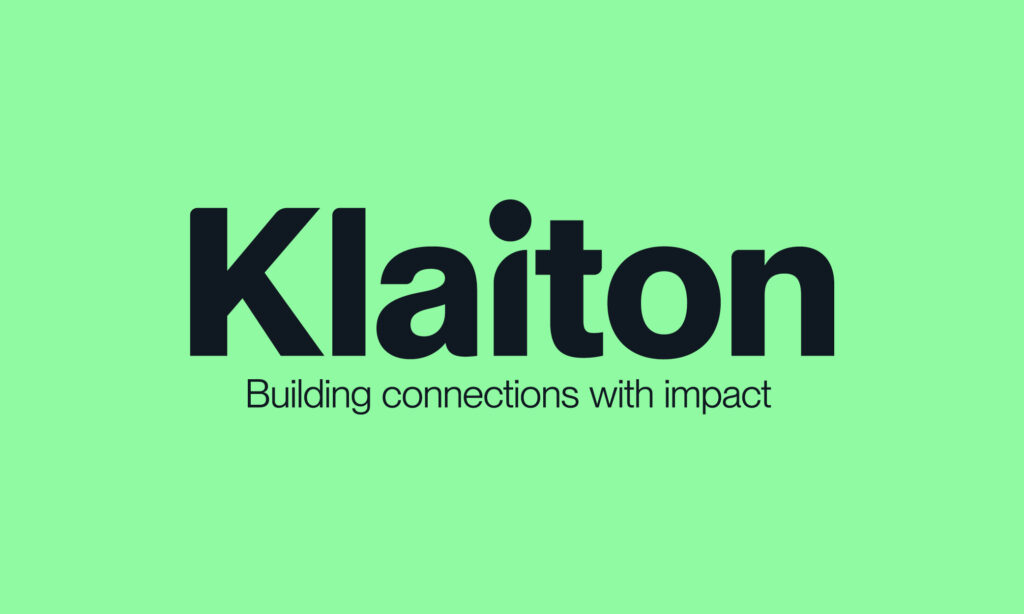The disadvantages of a data warehouse

Hello,
in my last post on the subject of data warehouses, I presented the advantages of a data warehouse. While data warehouses undoubtedly offer a variety of benefits, it’s also important for decision makers to consider the potential challenges and downsides. In this post, I want to highlight some of these disadvantages.
High Costs: There can be significant costs associated with implementing and operating a data warehouse. Acquiring the necessary hardware, software licenses, and hiring skilled workers can be expensive. For small and medium-sized businesses, this can be a significant financial burden. The same applies to any later changes to the data model of the data warehouse.
Complexity: Data warehouses require careful planning and a structured approach. Creating a data model, integrating data from different data sources and establishing ETL processes (extraction, transformation, loading) are complex tasks that can take a lot of time and resources. In addition, maintaining and updating a data warehouse can become a time and financial challenge.
Time investment: Building a data warehouse requires extensive data analysis and data cleansing to ensure high-quality data. This process can be time-consuming and significantly increases implementation time. The same applies to the ETL processes already mentioned above. Data must be exported from the data sources, then transformed and finally imported into the data warehouse. Businesses that need to access data quickly could be adversely affected by these delays.
Data inconsistency: A data warehouse aggregates data from different data sources and systems. Data inconsistencies (inconsistencies) and data incoherences (data without reference to each other) can occur, especially if the data quality in the data source systems is not optimal. Ensuring consistent and correct data can be a major challenge.
Scalability: As a company’s volume of data increases, a data warehouse can reach its technical limits. Scalability issues can arise if the data warehouse is not properly sized or prepared for future growth. Scaling a data warehouse can require significant investments.
It’s important to emphasize that these disadvantages don’t mean that data warehouses are inherently bad. Rather, companies should consider these points when deciding for or against a data warehouse and carry out a well-founded cost-benefit analysis.
Ultimately, the effectiveness of a data warehouse depends on careful planning, appropriate resource allocation, and continuous monitoring. By considering these aspects, companies can maximize the benefits of a data warehouse and minimize the disadvantages.
I look forward to hearing your opinions on this topic. Have you had any experience with data warehouses? Feel free to share your insights in the comments!
In my next post I will report on the advantages of the data lake.
Best regards
Claus Michael Sattler
PS I go into more detail on this topic in my book “Data Analytics for Managers”, which will be available from July 1, 2023 for Kindle and Tolino eBook readers and in printed form in bookstores.
Contact Details
Formal / Legal
Claus Michael Sattler
(Master Craftsman / Business Economist)
P.O.-Box 1142
28833 Weyhe
Germany
Telephone: 0049 (174) 6031377
Email: cmsattler@cmsattler.de
This website is not a commercial site, but my personal business card.
China-Consulting-Partner
Contact Details
Telefon: 0049 (151) 28841087
E-Mail: rs@china-consulting-partner.com
Internet: https://www.china-consulting-partner.com
Contact Details
Telephone: 0049 (151) 28841087
email: rs@china-consulting-partner.com
internet: https://www.china-consulting-partner.com
In order to facilitate the flow of reading, we generally restrict ourselves to male designations in the course of the text. We expressly emphasize that all people – regardless of gender, nationality, ethnic and social origin, religion/belief, limitations, age and sexual orientation – are equally welcome here.
















